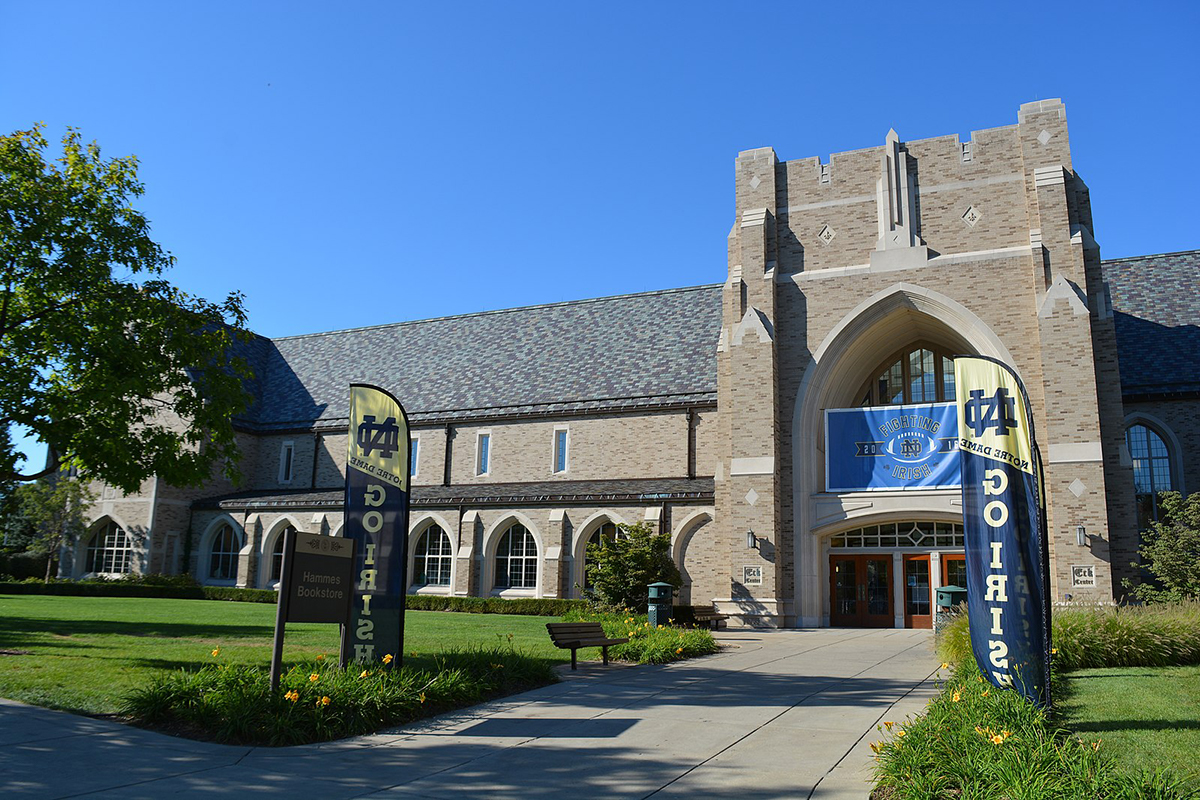These bookstores offer specially curated collections, like-minded staff and opportunities not only to deepen one’s faith, but also meet others with similar interests.
Lenten Campaign 2025
This content is free of charge, as are all our articles.
Support us with a donation that is tax-deductible and enable us to continue to reach millions of readers.
Reports of the death of the independent bookstore are, to borrow from Mark Twain, “greatly exaggerated.”
This bit of welcome news comes from the American Booksellers Association (ABA), which found that after initially taking a major hit from competition from big-box retailers and amazon.com, independent bookstores have made a comeback. The number of “indie” bookstores has risen from 1,651 in 2009 to 2,470 in 2018 — that’s a 49% percent increase.
It turns out that customers are willing to pay a bit more to get the benefits that small bookstores offer. That’s the conclusion Harvard professor Ryan Rafaelli drew, after spending eight years studying independent bookstores.
Independent bookstores offer “community, curation, and convening”
In his paper “Reinventing Retail: The Novel Resurgence of Independent Bookstore,” Rafaelli found that successful independent bookstores follow what he calls the “3Cs mode”: community, curation and convening. For many customers, a purely transactional Amazon purchase is no substitute for what they seek in a bookstore, where they might enjoy a personal connection with the owners and salespeople, trust their recommendations, and even attend book signings and talks.
Catholic bookstores provide a service Amazon can’t
Catholic bookstores, perhaps more than any other niche booksellers, fill this need for their customers, with their specially-curated collections, like-minded staff and opportunities to not only deepen one’s faith, but meet others with similar interests.
While, sadly, some of the best Catholic bookstores have closed (Newman Bookstore in Washington, D.C., and Loome Booksellers in Stillwater, Minnesota), there are many worth visiting and supporting. View the slideshow for a list of great Catholic bookstores in the United States.









